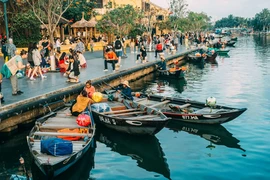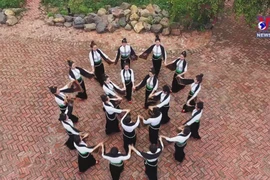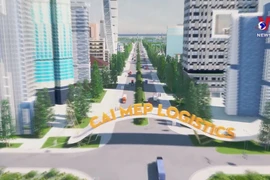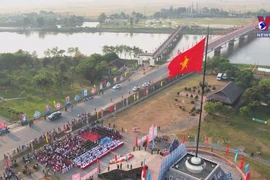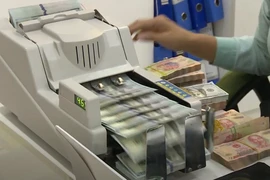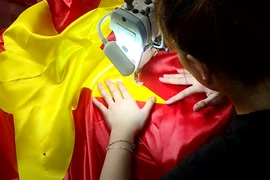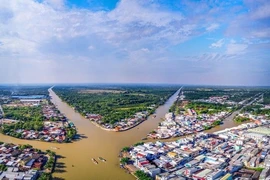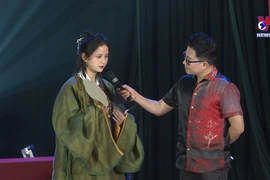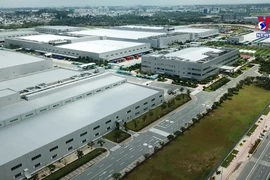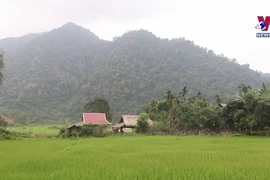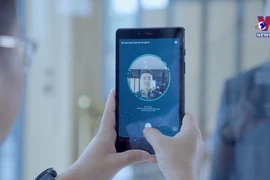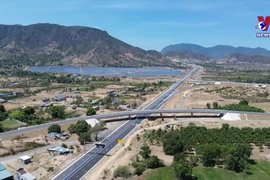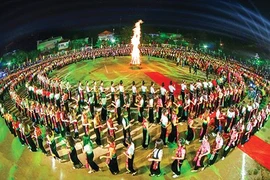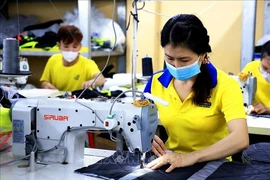Audio guide in eight different languages: Vietnamese, English, French, Spanish, Korean, Japanese, Thai, and Chinese.
QR codes are also available so that visitors can learn more about the heritage items at relic sites.
In particular, the Van Mieu - Quoc Tu Giam special national relic site, which is one of Hanoi’s oldest tourist destinations, has introduced electronic ticket sales for individual tourists and groups. The application of technology has been thoroughly implemented to help facilitate management and offer increasingly attractive experiences to tourists.
Since June, the Thang Long Imperial Citadel has also introduced an online ticket purchase app via smart devices. Many tourism businesses have applied advanced and modern technologies such as virtual reality, augmented reality, 360-degree imagery, and 3D to offer new and unique products and leave a strong impression on visitors.
The Vietnam National Authority of Tourism is now focusing on fundamental solutions to develop a smart tourism ecosystem, setting a goal of helping stakeholders such as localities, tourist destinations, businesses, and tourists take part in the smart tourism ecosystem. In particular, efforts will be made in building the Vietnam Tourism Database.
Despite a host of difficulties in human resources and finance, digital transformation in the tourism industry in recent times has affirmed Vietnam’s determination to gradually build a smart tourism ecosystem to recover and boost development./.


